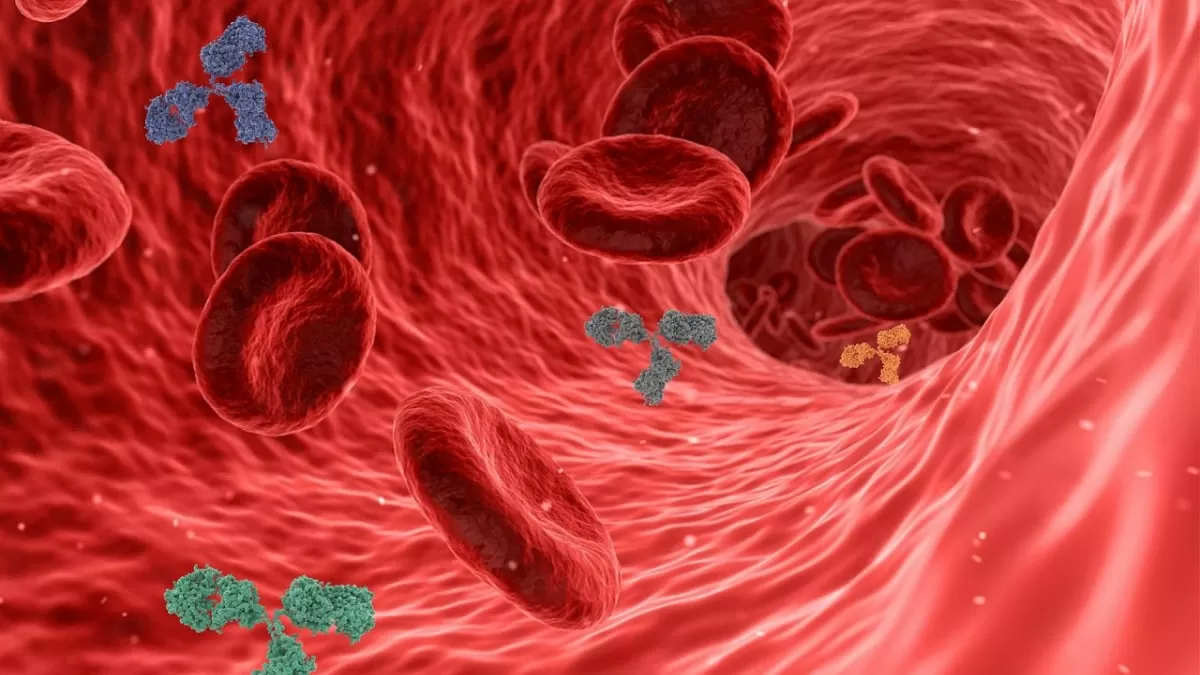Scientists have made a groundbreaking discovery in the field of blood transfusion that could potentially save countless lives. A new blood group system, called MAL, has been identified by a team of researchers led by Dr. Louise Tilley at NHS Blood and Transplant. This discovery has not only resolved a decades-old mystery but also has the potential to revolutionize the way blood is tested and matched for transfusions.
The MAL blood group system includes the AnWj antigen, which was previously unknown. This antigen is present in over 99.9% of individuals, making it the most common blood group in the world. However, for those who are AnWj-negative, this discovery holds even more significance. These individuals could face serious complications during blood transfusions, as their blood may not be compatible with the majority of the population.
For years, doctors and scientists have been puzzled by the cases of AnWj-negative individuals who experienced severe reactions to blood transfusions. This led researchers to believe that there may be a new antigen that was not yet identified. Dr. Tilley and her team took on the challenge of finding this elusive antigen, and their efforts have finally paid off.
The discovery of the MAL blood group system and the AnWj antigen has opened up new avenues for improving blood transfusion practices. This new system will allow for the creation of more accurate and efficient genotyping tests, which will make the process of matching blood for transfusions much easier. This means that patients in need of blood transfusions will receive the right blood type, reducing the risk of complications and increasing the success rate of transfusions.
Moreover, the identification of the AnWj antigen will significantly benefit those who are AnWj-negative. These individuals will now have a better understanding of why they may have faced complications during previous transfusions. This knowledge will not only help them make more informed decisions about their healthcare but also provide them with a sense of relief and peace of mind.
The discovery of the MAL blood group system is a testament to the dedication and hard work of Dr. Tilley and her team. Their tireless efforts have not only solved a long-standing mystery but also have the potential to save lives. This discovery is a game-changer in the field of blood transfusion and will have a significant impact on the medical community and patients alike.
The implications of this discovery go beyond just blood transfusions. The MAL blood group system could also have implications for organ transplants. Organ transplant success rates heavily depend on the compatibility of blood types between the donor and recipient. With the MAL blood group system, doctors will have a more accurate understanding of blood compatibility, which could potentially lead to more successful organ transplants.
It is worth noting that this discovery would not have been possible without the support and collaboration of various organizations and individuals. The NHS Blood and Transplant, along with other research institutions, played a crucial role in funding and facilitating this groundbreaking research. This discovery is a testament to the power of collaboration and the impact it can have on scientific advancements.
In conclusion, the discovery of the MAL blood group system and the AnWj antigen is a significant breakthrough in the field of blood transfusion. It has solved a long-standing mystery and opened up new possibilities for improving blood transfusion practices. This discovery has the potential to save lives and improve the overall success rate of blood transfusions and organ transplants. It is a remarkable achievement that deserves recognition and celebration.

